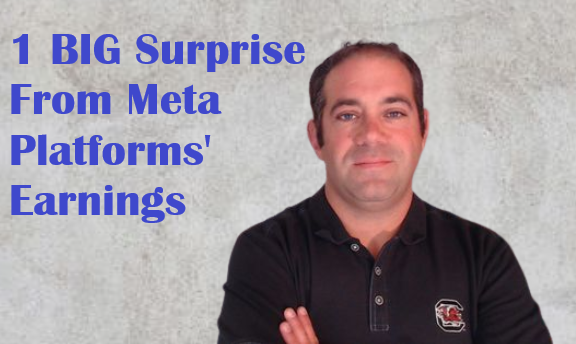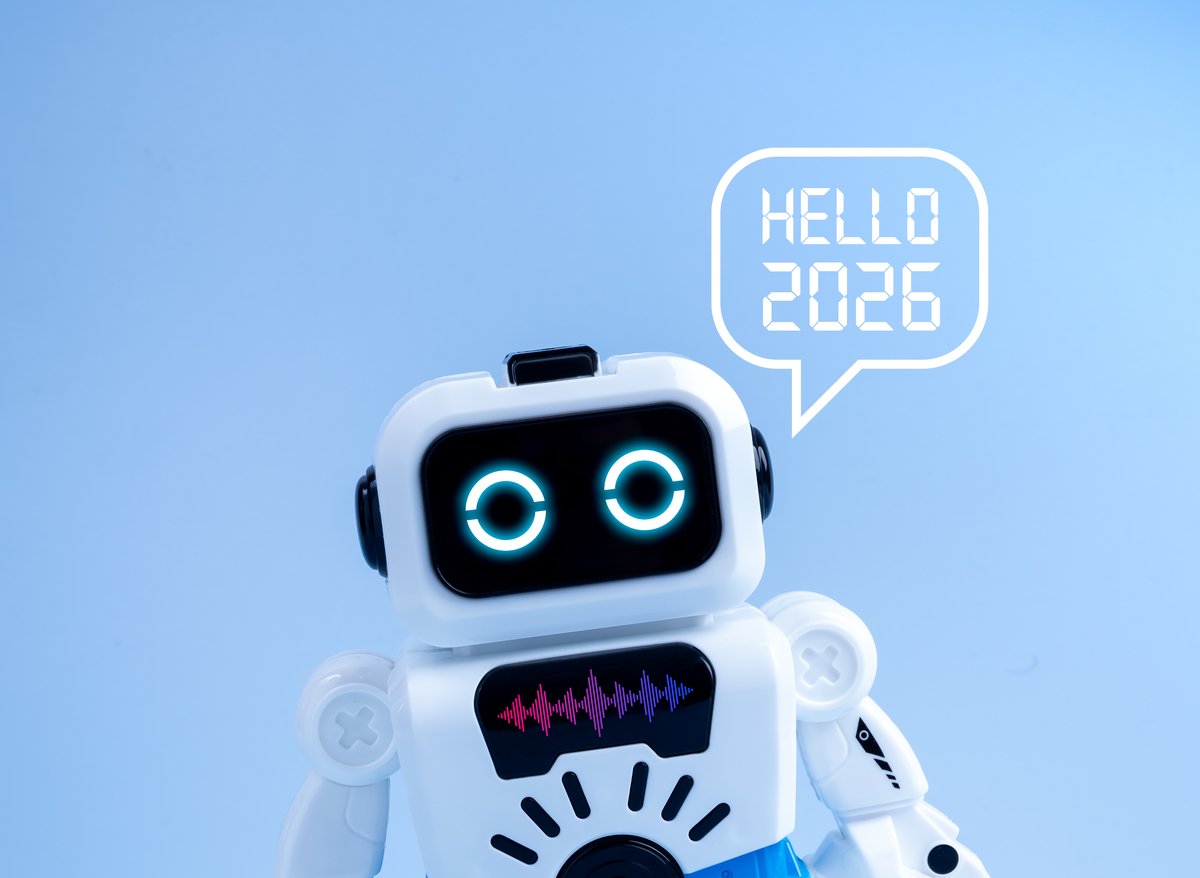
Messenger on iOS. Source: Facebook.
Facebook (FB 1.41%) CEO Mark Zuckerberg has been on a quest to unbundle the social network's most popular features and services. It all started in earnest a little over a year ago, when Zuckerberg told The New York Times what Facebook was up to:
But I think on mobile, people want different things. Ease of access is so important. So is having the ability to control which things you get notifications for. And the real estate is so small. In mobile there's a big premium on creating single-purpose first-class experiences. So what we're doing with Creative Labs is basically unbundling the big blue app.
On the desktop, one unified website where users can access everything is the way to go. But in mobile, users prefer discrete apps that serve a single purpose, since it's more efficient and no one wants to dig around to accomplish something. Making Facebook Messenger a standalone app was the first step, which drew plenty of ridiculously unwarranted criticism. Still, the backlash didn't stop Messenger from hitting half a billion users. Now that the initial protest has expectedly subsided, Facebook is taking it a step farther: Messenger is now a completely standalone product.
Facebook phone home
That's right: A Facebook account is no longer needed to access Messenger. All you need is a phone number, not unlike Facebook's WhatsApp, which had become a veritable SMS replacement thanks to its use of phone numbers to identify people. That's why Facebook paid so handsomely for it, after all. Like all of the other mobile messaging platforms out there, Messenger offers a comprehensive feature set to replace SMS.

Messenger on Android. Source: Facebook.
Broadening Messenger's reach is the latest part of Facebook's relatively recent monetization strategy with the service. Earlier this year, Facebook announced that it was adding payments capabilities to Messenger, allowing users to send and receive money between friends. That's hardly surprising, considering how Facebook poached eBay PayPal's David Marcus to run Messenger a year ago. Sending peer-to-peer payments is free, but Facebook will probably monetize it eventually by appealing to businesses in some form. It's not a coincidence that Facebook is exploring other e-commerce initiatives such as a "buy" button, so you can see the obvious convergence here. Imagine seeing a sponsored ad with a direct "buy" button, where you pay using Messenger and the retailer gives the social network a piece of the action.
Facebook is also opening up Messenger to third-party developers, which adds all sorts of possibilities. Messenger is becoming a platform of its own.
And platforms need users
All computing platforms derive their strength from numbers. That includes both users and developers, with the platform operator sitting in the middle as a sort of moderator. If Facebook can bring the users, then the developers will follow. Removing the (small) hurdle of having a Facebook account may theoretically appeal to non-Facebookers trying to communicate with Facebookers.
Signing up with just a phone number is starting in the U.S., Canada, Peru, and Venezuela, and there's a good chance that most users in those countries already have Facebook accounts (Facebook had 210 million monthly active users in the U.S. and Canada at the end of last quarter), but there are still countless potential users in emerging markets that aren't on Facebook that might be interested in Messenger. They're next.
This is the ultimate unbundling. Messenger is all grown up and leaving the nest.






